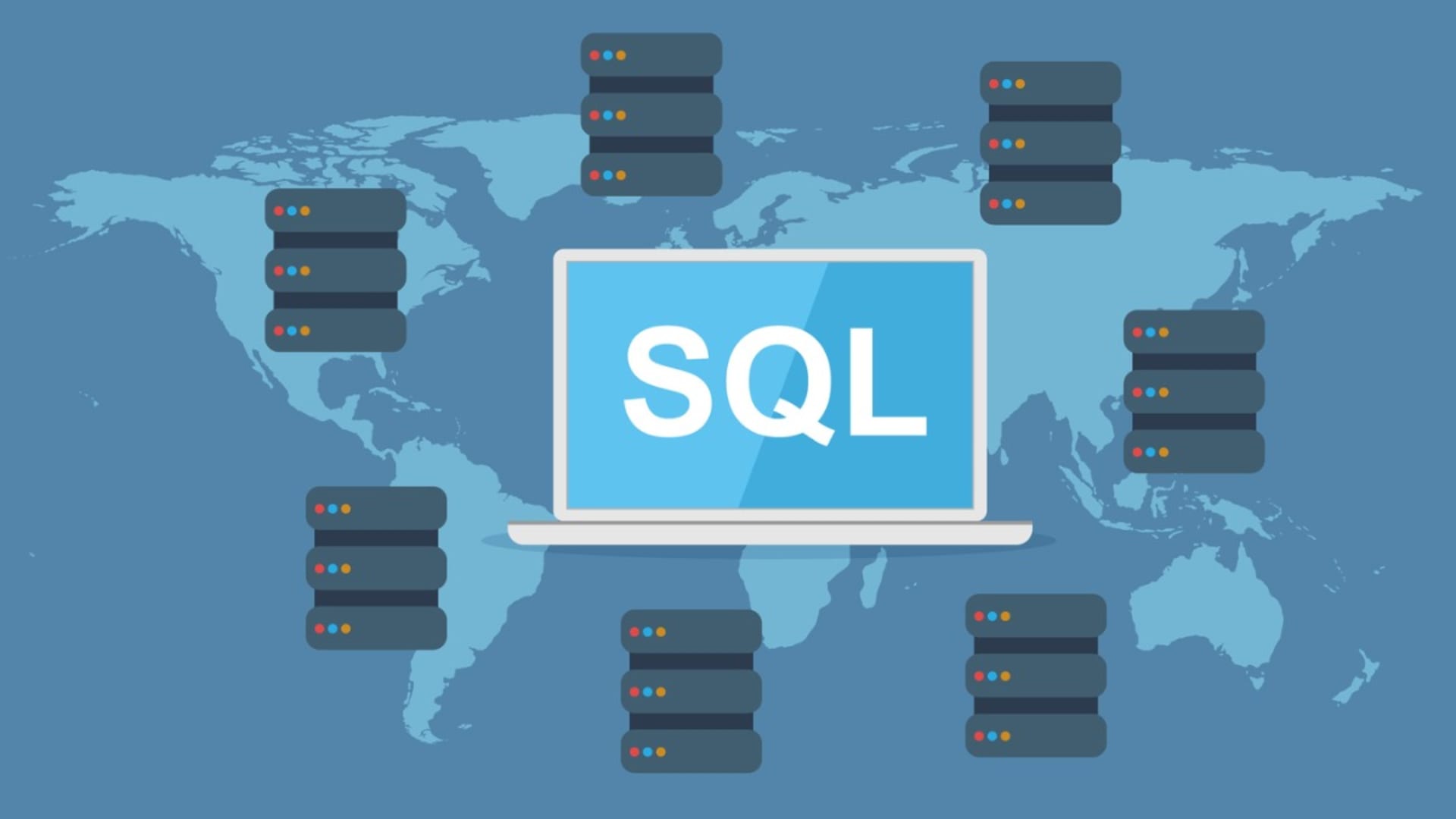Growth can’t happen if you don’t have the infrastructure to accommodate it. That means you’ll either have to continue adding hardware to your on-premise data center, or you might have to consider alternative options. One of the most popular options today is a third-party cloud-hosted data center.
But why would you want to migrate your in-house data center to a third-party host? There are a number of very important reasons:
- ScalabilityWith your on-premise data center, the only way you can scale is by adding more hardware. When you employ a cloud-based data center, you enjoy unlimited scaling, so your company can grow as much as needed.
- SecurityMost cloud-based hosts are owned by incredibly large and powerful companies with budgets that exceed yours by far. That equates to those companies being able to funnel more money into security. And because those third-party companies are housing data from numerous businesses, it’s in their interest to keep security at a maximum.
- Cost-effectivenessIt’s much cheaper to pay for extra storage, computing, or bandwidth than having to pony up for the hardware to keep up with demand. On top of that, your electric bill will thank you for relocating your data center out of the building.
- SpaceYou might be a startup without the budget to pay rent for a large enough building to house a data center big enough to meet the growing demand placed on your business. A cloud-based data center is ideal for such situations.
- UptimeThis is especially true in areas where electricity can be an issue (such as rolling brownouts and blackouts in areas hit hard during inclement weather). If your business is serious about data center uptime, a reliable cloud host, such as Azure is as sure a bet as you’ll find.
Now that you know why, what about the where? What third-party company might be best suited for your needs? One such hosting service is Microsoft Azure.
A Disruptive Platform
Back in 2005, Ray Ozzie sent out an internal memo to Microsoft that spoke to a vision of building a disruptive platform used to replicate the likes of Windows, .NET application services, and MS Office via the internet. Initially, Steve Balmer (CEO of Microsoft at the time) wasn’t a fan of the software as a service paradigm, out of fear it would eat into the company’s bottom line (that primarily consisted of Windows and MS Office).
Eventually, however, Balmer was convinced and came out to say Microsoft was “betting our company” on the cloud. At that time (2010) 70% of Microsoft employees were working on cloud-related projects and, according to Balmer, that figure would reach 90% by the following year.
Satya Nadella then came on board as the new Microsoft CEO and rallied the company around a mobile/cloud-first strategy. On February 1, 2010, Microsoft Azure was made available.
What Services Does Azure Offer?
Microsoft Azure cloud services are broken down into categories such as:
- AnalyticsProvides distributed, real-time analytics of big data, data lakes, machine learning, business intelligence, IoT streams, and data warehousing.
- BlockchainProvides the ability to join an existing blockchain consortium or create your own.
- ComputeThe services that enable users to deploy and manage virtual machines, containers, and batch jobs. Compute resources can be configured with either public or private IP addresses.
- ContainersMake it possible for enterprise businesses to create, register, orchestrate containers at a massive scale.
- DatabasesProvides database instances for SQL, PostgreSQL, as well as the Azure SQL Data Warehouse, which supports caching and hybrid database integration.
- DevelopmentMakes it possible for your developers to share code, test applications, and track issues. This feature supports a wide scope of programming languages, such as JavaScript , Python , .NET , and Node.js.
- DevOpsProves all of the necessary project and collaboration tools that make DevOps possible.
- IdentityEnsures only authorized users can access your Azure services and protects encryption keys and other sensitive information.
- IntegrationProvides server backups, site recovery, and the ability to connect private and public clouds.
- Internet of ThingsProvides the necessary platform to capture, monitor, and analyze IoT data.
- Management and governanceIncludes a range of services, such as backup, recovery, compliance, automation, scheduling, and monitoring.
- Media and content delivery network (CDN)Provides on-demand streaming, digital rights protection, encoding, and media playback/indexing.
- MobileHelps developers build cloud and SPAs (Single Page Applications) for mobile devices.
- NetworkingIncludes virtual networks, dedicated connections, gateways, services for traffic management and diagnostics, load balancing, DNS hosting, and protection against DDoS attacks.
- StorageProvides scalable cloud-based storage for both structured and unstructured data.
- WebEnables developers to deploy web-based applications as well as powerful search tools, content delivery, and API management.
Clearly, Microsoft Azure could serve as your company’s one-stop-shop for every data center/cloud host need you could possibly have. And with data centers around the world, Azure can serve any business on any continent, in any country.
The Cost of Azure
Azure uses a pay-as-you-go model for pricing, which means you are only charged for what you use. That doesn’t mean it’s exactly simple to calculate. The cost of Azure is based on several factors.
Because of the complication of calculating costs, Microsoft developed tools that can help you ensure you remain within budget, called Azure Cost Management and Billing. Once you’ve started using Azure, you should seriously consider making use of these tools to help keep control of your cloud-hosting/data center budget.
Conclusion
Your business is going to grow and, when it does, you’ll need to be able to scale to meet demands. If your current data center solution can’t handle your growth, your best bet might be relocating it to a third-party cloud-hosted provider, such as Microsoft Azure. With such a service, your business can enjoy unlimited growth, without downtime, outages, or budget-breaking bills.







